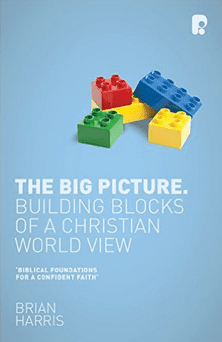 John Franke, in his new and exciting book Manifold Witness: The Plurality of Truth (Living Theology)
John Franke, in his new and exciting book Manifold Witness: The Plurality of Truth (Living Theology)
is mapping the plural nature of truth in the Christian faith.
His concern in chp 4 is how the diversity of the past and the present impact the church today — the local church — your local church.
He begins by sketching the idea that God’s intent is to form a community and the community of today only partially realizes that eschatological community. These communities are varied so they develop varied traditions.
One of Franke’s points, then, is that tradition itself seethes with diversity and plurality instead of stultifying monotony and uniformity. The history of this ongoing conversation, then, is the tradition. It is the history of the church’s varied engagements with Scripture and gospel. This tradition provides the context for contemporary engagement.
The creeds are the continuity part of our faith, yet we recognize that the creeds and confessions were themselves shaped by their context.
So what about emergent/emerging and creeds? Franke sees a rootedness in the openendedness of the historic creeds. Franke says the emerging movement is shaped by a diversity that resists the reductionism of “what do they believe?” He sees a parallel in the Reformation where plurality, not pluralism, ruled: there were differing answers to the same questions. Plurality, then, is a blessing from God in the emerging movement.
This diversity is sustained with a commitment to the truth, where there is a need for different voices to make up the fullness of the truth.
But Franke offers to warnings/challenges: there are some diversities that are not appropriate. Further, the diversity of most emerging conversations is not diverse enough. It is still too North American… and he could go on.











